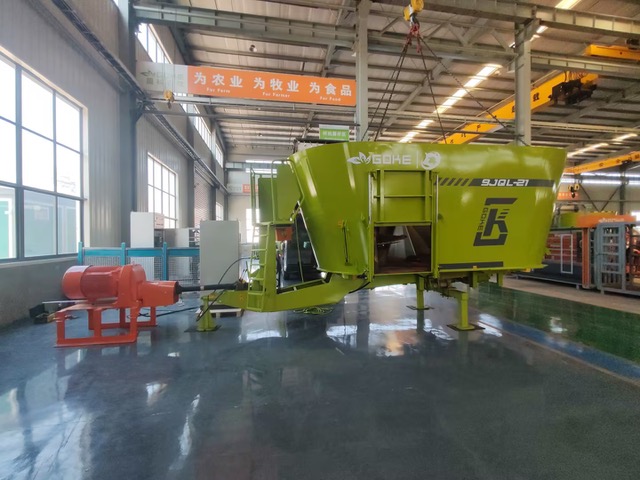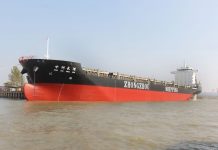
Straits Bio-LNG, a privately owned supplier of bio-LNG, has joined the SEA-LNG coalition. Headquartered in Singapore, the company is led by CEO SK Tan and is expanding its team to meet the growing demand for sustainable energy solutions.
As LNG-fueled vessels continue to increase, LNG bunkering volumes have surged, particularly in key global hubs. The Maritime and Port Authority of Singapore (MPA) saw a remarkable four-fold growth in 2024, reaching nearly 340,000 tonnes. Recognizing the rising demand, Straits Bio-LNG has committed to supplying 250,000 tonnes of bio-LNG annually.
Yiyong He, Director at Straits Bio-LNG, explained: “We’re firmly convinced in the viability of the LNG pathway to decarbonise the shipping industry. With its very low carbon intensity and improving commerciality, liquified biomethane will be a critical piece of the puzzle for decarbonising the sector. By joining SEA-LNG, we’re proud to be part of a collection of first movers making real strides to make the LNG pathway a tangible reality today.”
The company plans to achieve its bio-LNG supply target through innovative methods. It is in the advanced stages of testing the breakdown of Empty Fruit Bunch (EFB) using a high-enzyme biological process at its R&D facility in Malaysia. Both EFB and Palm Oil Mill Effluent (POME) are sustainable biomass resources that meet the European Union’s Renewable Energy Directive (RED), as listed in the “List of Materials Eligible for ISCC EU Certification”.
Peter Keller, chairman of SEA-LNG, stated: “The Port of Singapore is the largest global bunkering hub. As seen in our View from the Bridge report, 2024 saw record growth in LNG and liquified biomethane bunkering, but we need more fuel to meet upcoming demand. The use of liquefied biomethane as a marine fuel can reduce GHG emissions by up to 80% compared to marine diesel on a full well-to-wake basis. When produced from the anaerobic digestion of waste materials, such as manure, POME or EFB, methane that would otherwise be released into the atmosphere is captured, resulting in negative emissions of up to -190% compared with diesel.”
An independent study by the Maritime Energy and Sustainable Development Centre of Excellence at Nanyang Technological University in Singapore revealed that pure bio-LNG could fulfill up to 13% of the total energy demand for shipping fuels by 2050. This could increase to 63% with a 20% blending ratio.
Recently, MPA launched an Expression of Interest (EOI) to explore scalable sea-based LNG reloading solutions, which would complement existing onshore bunkering storage and jetty capacities, as well as the supply of e/bio-methane as marine fuel in Singapore’s port.








